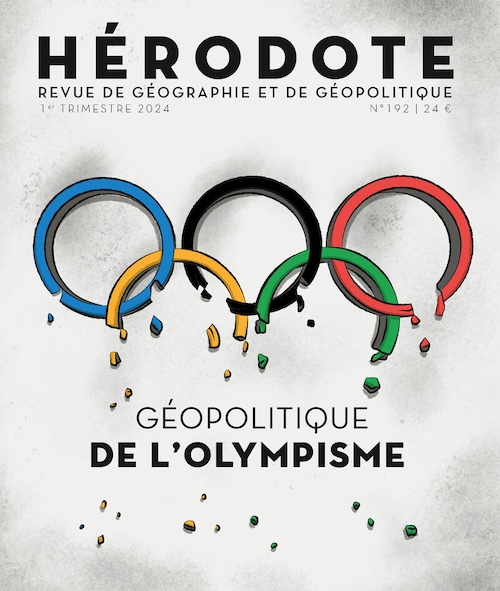La lutte pour la gouvernance du sport mondial
Résumé :
En moins d’un siècle, d’un passe-temps réservé à quelques gentlemen amateurs en Europe, le sport est devenu un phénomène mondial qui concerne des millions d’hommes et de femmes de toutes origines, garçons et filles, sportifs de base, d’élite ou simples spectateurs. Il s’est développé grâce à des événements internationaux de plus en plus médiatisés comme les Jeux olympiques modernes. Trois types d’organisations ont lutté pour gouverner ce phénomène au niveau mondial : 1) le Comité international olympique (CIO) qui attribue les Jeux rénovés depuis 1894 à des villes européennes ou américaines, puis du monde entier dès 1956 ; 2) les fédérations sportives internationales (FI) qui chacune gouvernent un sport particulier en fixant des règles universelles, en établissant un calendrier de compétitions internationales, en reconnaissant des fédérations nationales dans le monde entier, etc. ; et 3) des gouvernements et des organisations intergouvernementales. Cet article retrace en trois épisodes cette lutte géopolitique pour la gouvernance du sport mondial depuis 1945 qui se poursuit aujourd’hui encore avec quelques nouveaux acteurs.
Abstract : The struggle for the governance of global sport
In less than a century, sport has transformed itself from a hobby for a few European gentlemen into a phenomenon which involves millions of men and women from all walk of life, boys and girls, mass sport participants, elite athletes or just spectators. Sport has developed thanks to heavily mediated sports events such as the modern Olympic Games. Three types of organisations have struggled to govern global sport : 1) The International Olympic Committee (IOC) which awarded the modern Olympic Games to European and US cities, and from 1956 to cities of the rest of the world ; 2) The International sports Federations (IFs) which each govern a particular sport establishing universal rules, deciding on a calendar of international competitions, recognising national federation all over the world, etc. ; 3) Some governments and intergovernmental organisations. This article relates in three episodes the geopolitical struggle for the governance of world sport from 1945, which continues to this day with a few new actors.
Tweeter cet article Suivre @RevueHerodote sur Twitter









